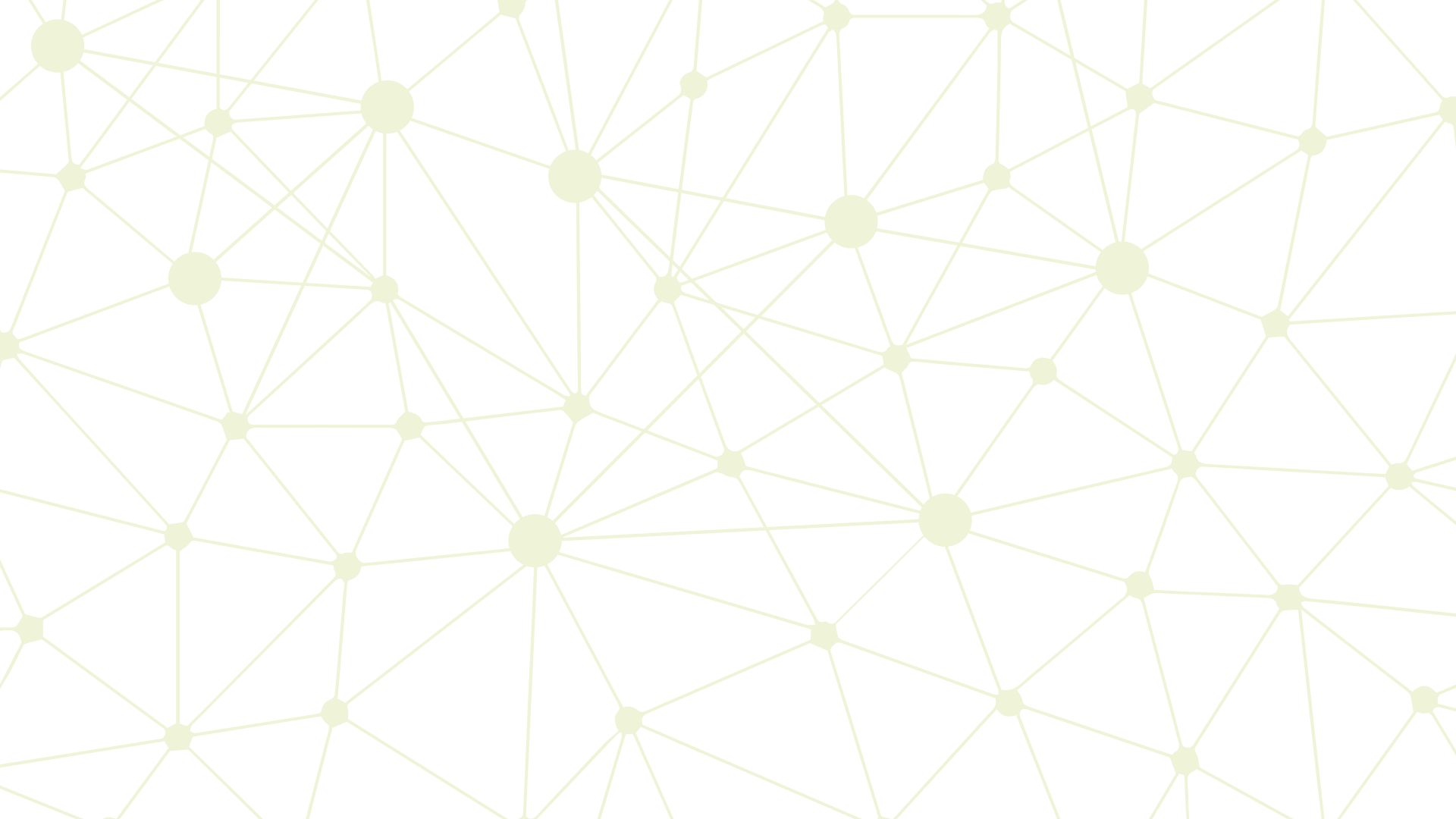
Horário: 01/06/2016 – 16:00-17:00
The internet connected computers and people. Now it is connecting physical things via sensors and actuators, and, unsurprisingly, the cloud. The advent of near ubiquitous internet access, and extremely low cost computing/sensing and actuator devices (e.g. raspberry pi) has given rise to the so called Internet of Things (IoT). However, the eco-system that has so far emerged is severely dysfunctional in several ways: firstly, most of the systems of things are collected together in silos, without true internet-wide access, and without common names, interfaces or API/SDKs – you cannot use the same app to monitor and control heating, lighting, entertainment, health, security – each are separated from each other, and not even accessed directly, but via a shrink-wrapped cloud system — integration is not achieved; secondly, many of these systems, despite their dysfunctional isolation, are often not properly secured; – originally separate self contained embedded systems are suddenly made visible on the net, with potentially dangerous consequences; thirdly, sensors and actuators are often part of feedback control loops. Separating components by unreliable, highly variable performance paths can lead to violating design constraints for stability or efficiency.
I’ll talk about the low level internet protocol standards, then about the emerging innovative business cases behind attempts to tackle the market place, and regain end-to-end capability for IoT, then about the challenges of real time control over the internet.
Jon Crowcroft has been the Marconi Professor of Communications Systems in the Computer Laboratory, University of Cambridge, since October 2001. He has worked in the area of Internet support for multimedia communications for over 30 years. Three main topics of interest have been scalable multicast routing, practical approaches to traffic management, and the design of deployable end-to-end protocols. Current active research areas are Opportunistic Communications, Social Networks, and techniques and algorithms to scale infrastructure-free mobile systems. He leans towards a “build and learn” paradigm for research. He graduated in Physics from Trinity College, University of Cambridge in 1979, gained an MSc in Computing in 1981 and PhD in 1993, both from UCL. He is a Fellow the Royal Society, a Fellow of the ACM, a Fellow of the British Computer Society, a Fellow of the IET and the Royal Academy of Engineering and a Fellow of the IEEE. He likes teaching, and has published a few books based on learning materials.